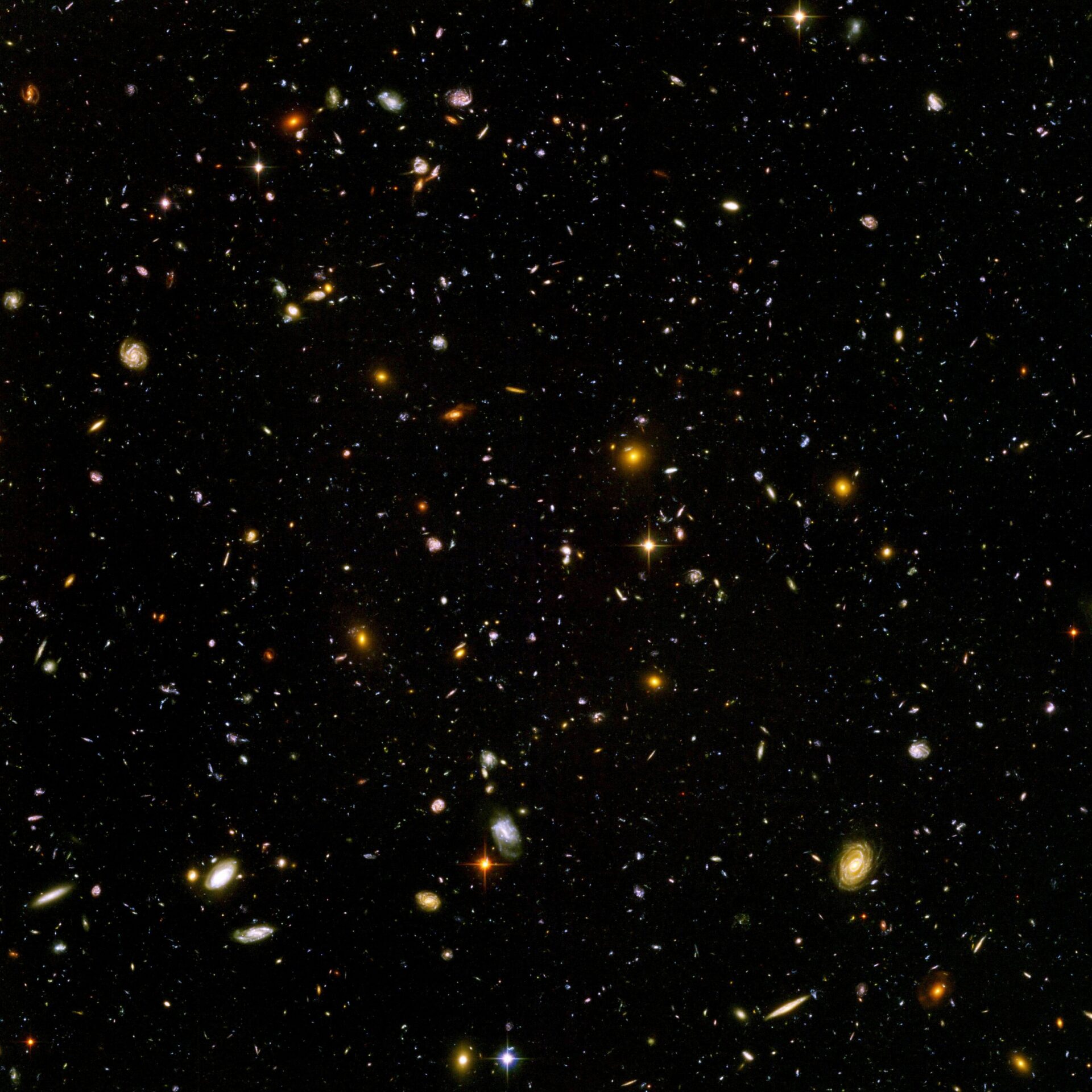We have no evidence that life does not exist on any other planets. However, we do have a bit of evidence of existence. For example, astronomers have observed a pair of exoplanets about 100 light-years from Earth, and they say one, which has never been seen before, is a strong candidate for supporting life. There have been at least 3 other studies that found planets with the strong possibility of supporting life.
Thanks to planet-finding methods like stellar wobble, the transit method, direct imaging, and microlensing, we know of thousands of planets beyond our Solar System.
Given the limitations of what we're able to see and the physics of how planets are formed, we fully expect there are trillions of planets in just the Milky Way alone. Estimates are that at least a billion or more other galaxies exist. Thus the estimate of the number of planets in the universe would be at least billions of trillion planets.
With no evidence that life does not exist on any other planets and evidence that life could exist on at least 1 out of a thousands planets we know that exist, it's reasonable to assume that there will be many among the billions of trillions of planets.
I wouldn't be placing any bets on non-existence but neither would I be betting on existence only because I won't be around to collect.
In 1990, we only knew of the ones in our Solar System. Today, we know of thousands, and that's just the tip of the iceberg.

bigthink.com
After the James Webb Space Telescope is fully operational, the number of visible galaxies is likely to increase

universemagazine.com

